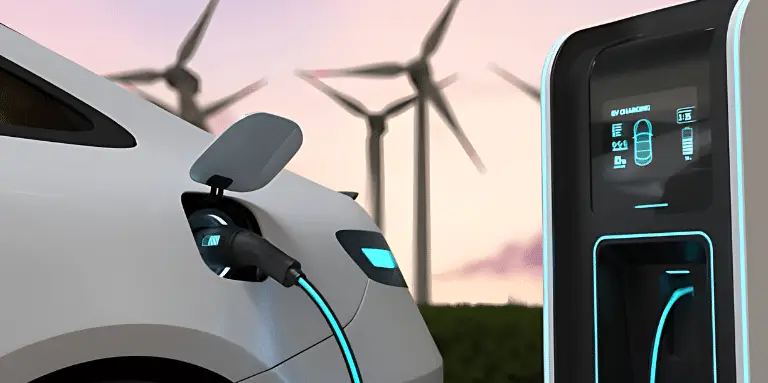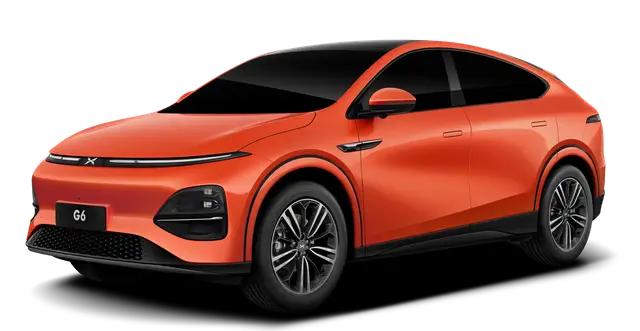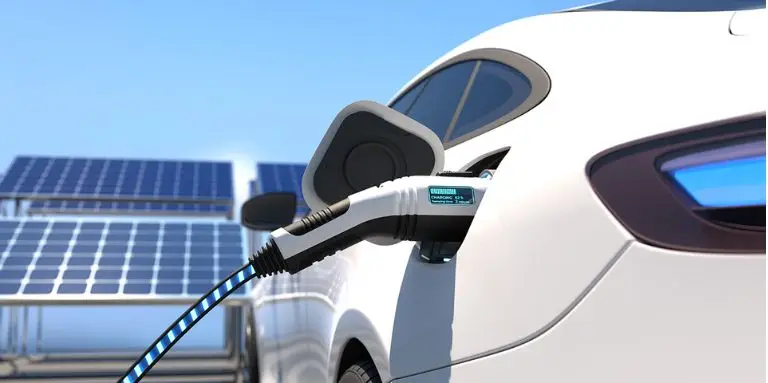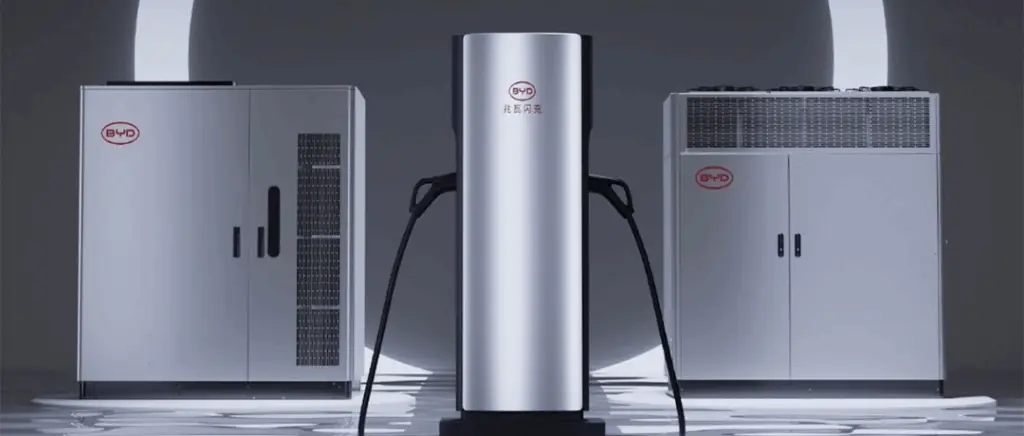Are you looking to install a charging station?
Beev can help you find the right charging station and installer, at the right price.
Lower electricity prices: an added advantage for electric cars
EDF announces a rapid and lasting reduction in electricity tariffs
EDF's recent announcement of a rapid and lasting drop in electricity prices is further boosting the appeal of electric cars. By making electricity cheaper, this economic development encourages the use of electric vehicles, which already benefit from lower running costs than internal combustion engine cars.
This trend is taking place against a backdrop of falling purchase prices for electric vehicles, thanks to increased competition on the market.
Consequently, the combination of lower electricity tariffs and the growing availability of electric vehicles should encourage more consumers to opt for more sustainable mobility solutions. This represents a significant step towards a greener, more cost-effective energy transition.
Outlook for electricity prices: optimistic forecasts
Electricity rates set to fall by 10-15% in February 2025

The outlook for electricity prices in France is optimistic, with a significant drop scheduled for February 2025. The French Minister of the Economy, Bruno Le Maire, has announced a 10-15% reduction in electricity tariffs, stressing that this reduction will be made possible by the revival of nuclear power and investment in renewable energies. The announcement comes on the heels of successive increases in electricity prices in 2023 and 2024, and is intended to offset a planned 12% rise in gas prices in July.
EDF has also confirmed this trend, announcing a rapid and lasting fall in electricity rates, thanks to improved power generation and stabilized prices on the wholesale market. Luc Rémont, CEO of EDF, stated that electricity prices should stabilize at a much lower level than in the previous year, offering positive visibility until the end of the decade.
Bruno Le Maire also emphasized the importance of France's energy independence, criticizing the positions of the Rassemblement National, which he felt would make the country dependent on the Gulf States and Russia. This reduction in electricity tariffs should bring relief to French households, improve their purchasing power, and enhance the attractiveness of electric vehicles, thus contributing to a more sustainable energy transition.
The economic benefits of electric cars are growing stronger
The economic benefits of the electric car are growing significantly, offering consumers substantial savings opportunities in both the short and long term. First of all, the cost of running an electric car is significantly lower than that of a combustion-powered vehicle. On average, driving an electric car for 100 km costs around €2, compared with €8 for a petrol-powered car, which can represent an annual saving of €900 for a driver covering 15,000 km a year. What's more, maintenance costs are reduced, as electric motors have fewer moving parts and require less maintenance, resulting in further savings.
Government subsidies and and tax incentives offered by governments for the purchase of electric vehicles and installation of charging stations also help to reduce the higher initial cost of these vehicles. In addition, many charging stations are available free of charge, further reducing costs for users. Finally, electric cars often benefit from preferential rates or free parking, adding a further economic advantage.
In short, the savings from electric cars are not just limited to reduced fuel and maintenance costs, but also include financial benefits linked to subsidies and recharging infrastructure, reinforcing their economic appeal to a growing number of consumers.
See also: Everything you need to know about electric car charging: complete guide to charging stations 2024
Conclusion
In short, falling electricity prices, combined with increasingly affordable electric cars, are opening up unprecedented opportunities for a transition to more sustainable mobility. This favorable economic climate not only makes electric cars more accessible, it also transforms the driving experience into an economically advantageous and ecologically responsible option.
If you're thinking of going electric, whether you're buying a vehicle or installing a charging station, Beev, the electric mobility expert, is here to help you every step of the way.
If you would like to know more about the charging station tax credit at 2024please consult our article on the subject.
let us help you find the charging solution that's right for you.
































